CRJ 222 Term Paper: Private Prisons and Profitability Debate
VerifiedAdded on 2023/04/22
|13
|1040
|378
Essay
AI Summary
This essay examines the debate over whether private, for-profit corporations should be allowed to run U.S. prisons. The paper begins with an introduction to the topic and its significance, followed by a roadmap of the arguments. It presents opposing arguments, including the increasing number of detained immigrants and the blurring of the reasons for using for-profit corporations. The author then presents their own argument, discussing the weakest, moderate, and strongest points in favor of private prisons, such as their role in reducing the burden on the government and providing job opportunities. The conclusion summarizes the key points, highlighting the growth of private prisons and their impact on the U.S. immigration detention system. The essay incorporates multiple scholarly sources and aims to provide a comprehensive analysis of the issue. The paper is a persuasive research essay for CRJ 222, focusing on effective criminal justice communication principles and APA formatting.
1 out of 13
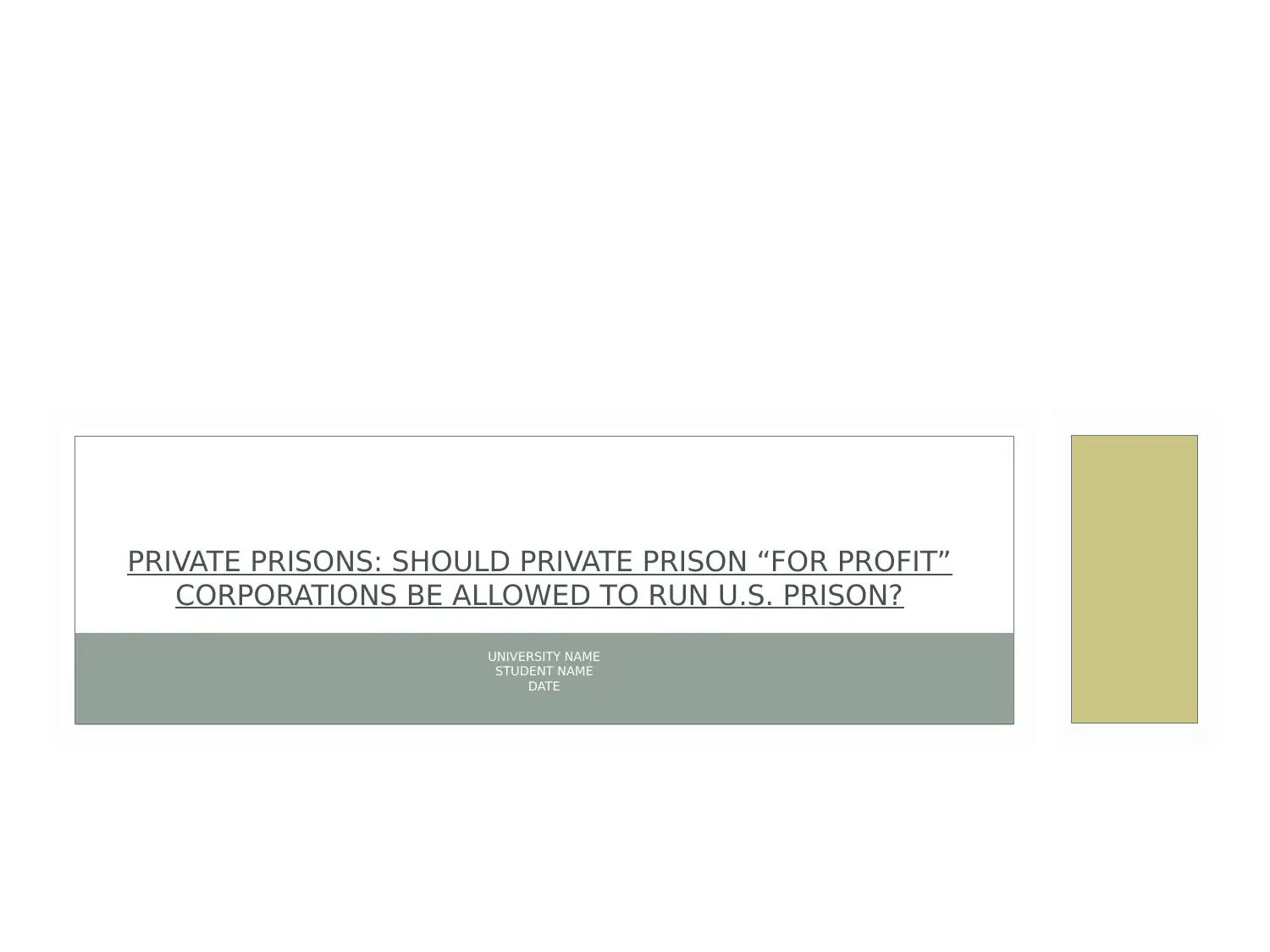
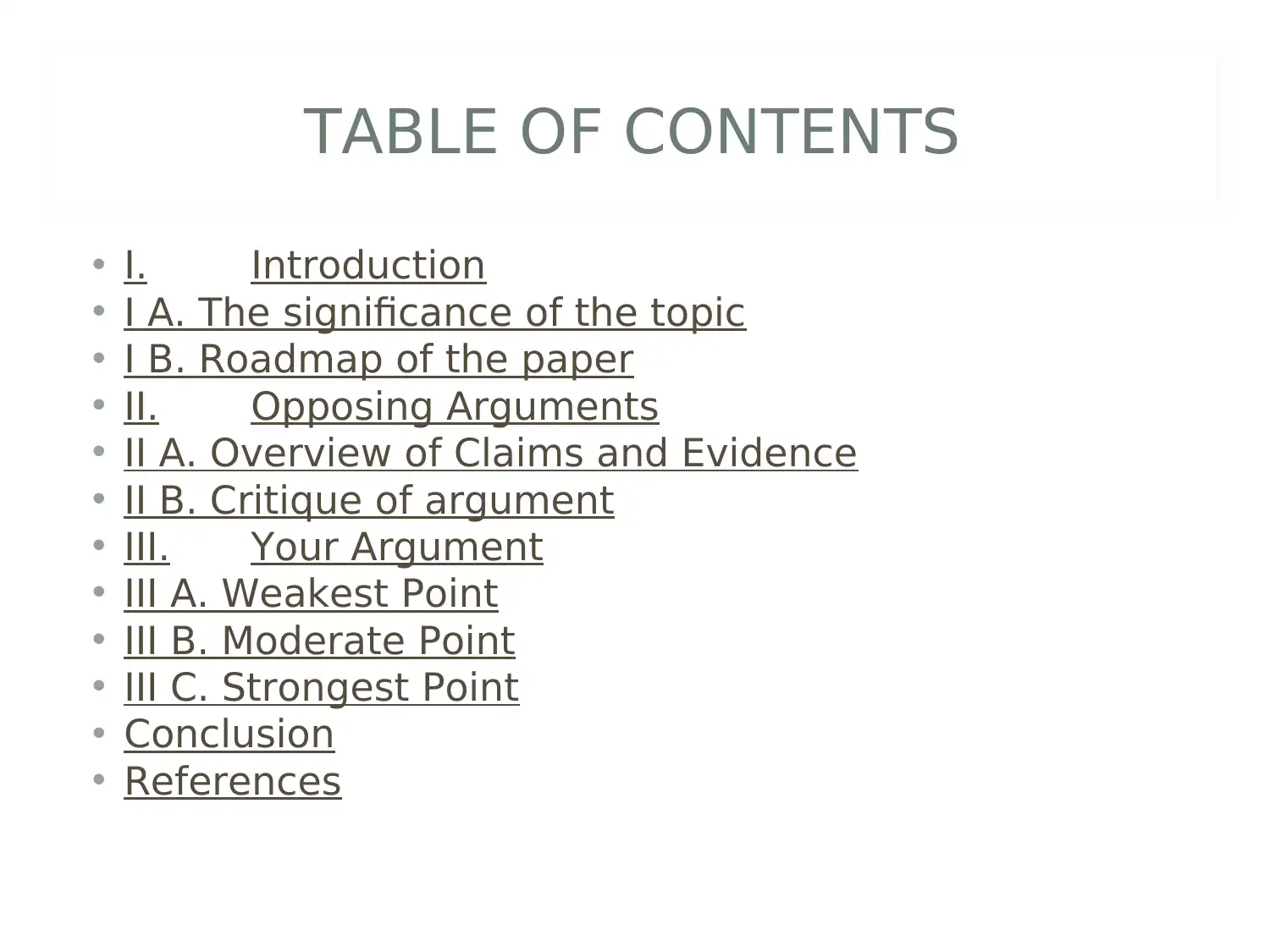
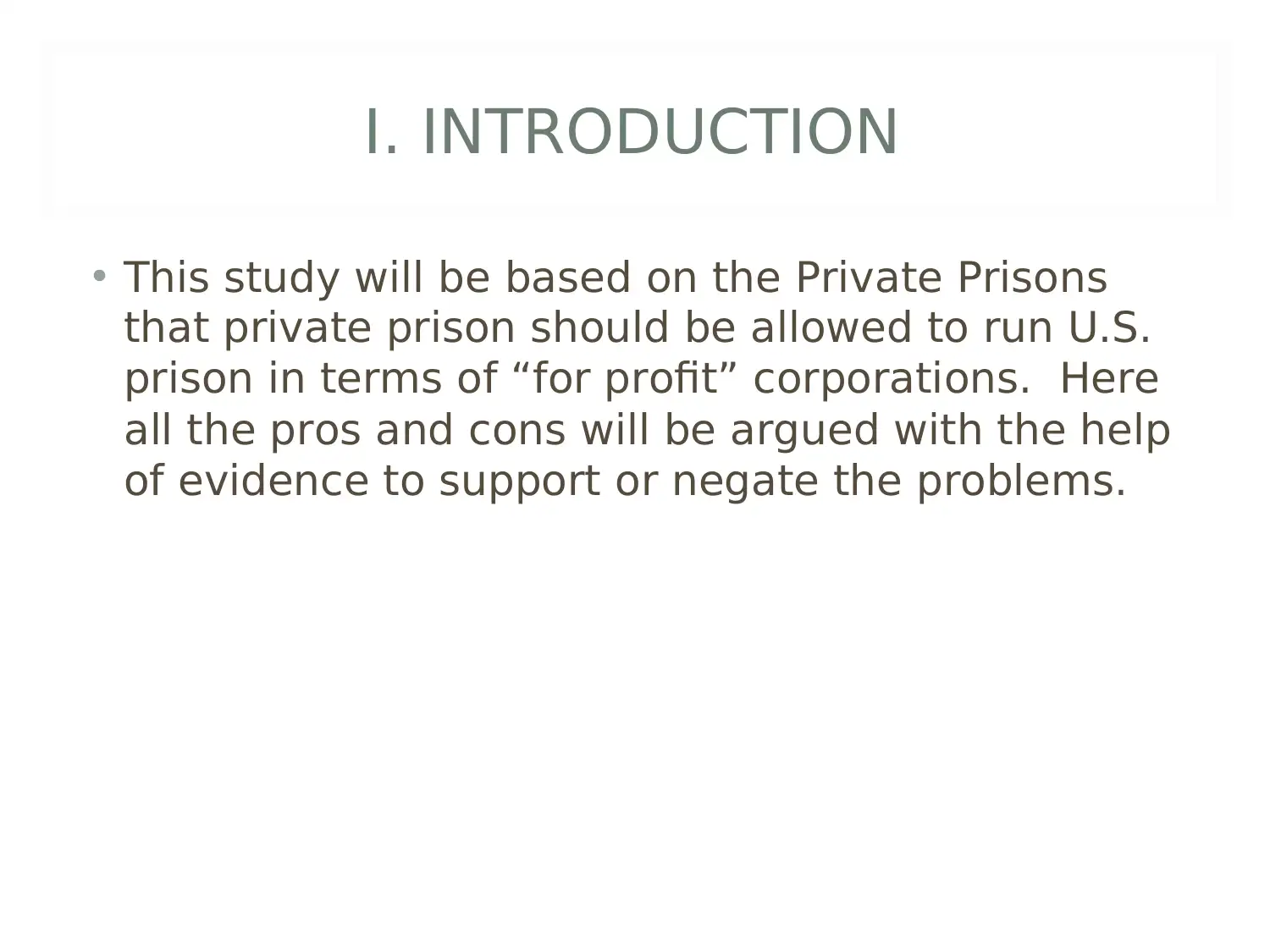

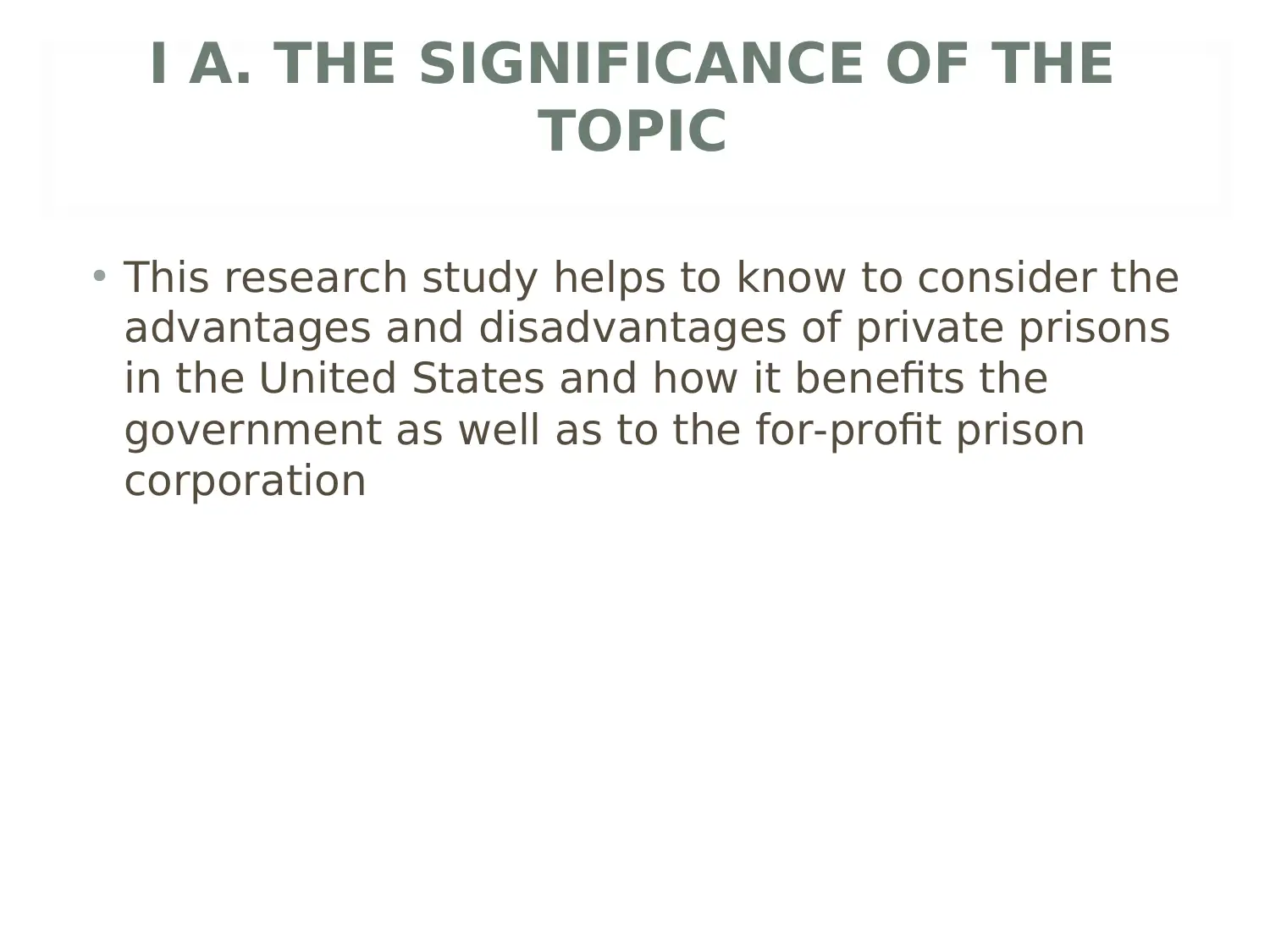
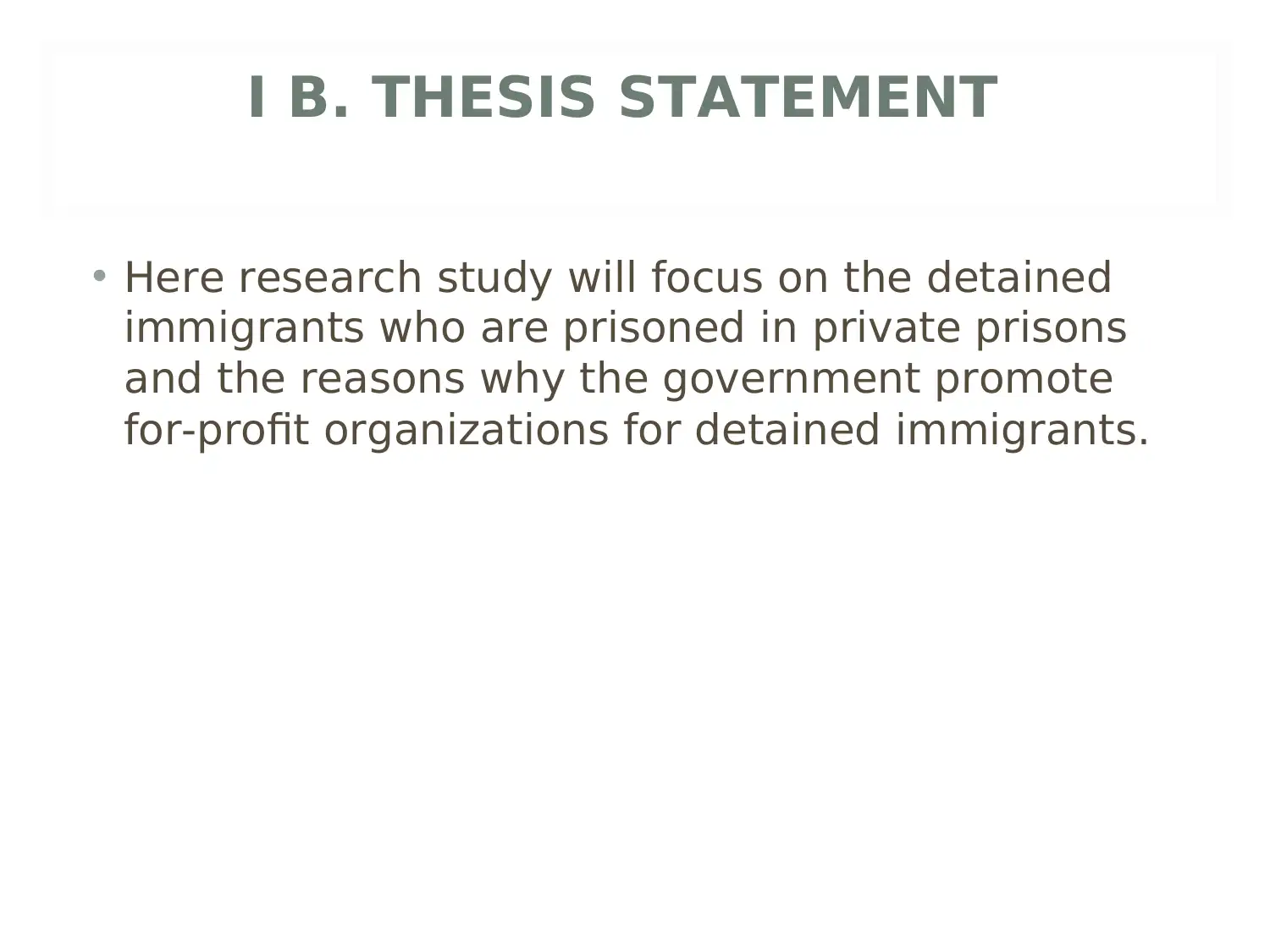
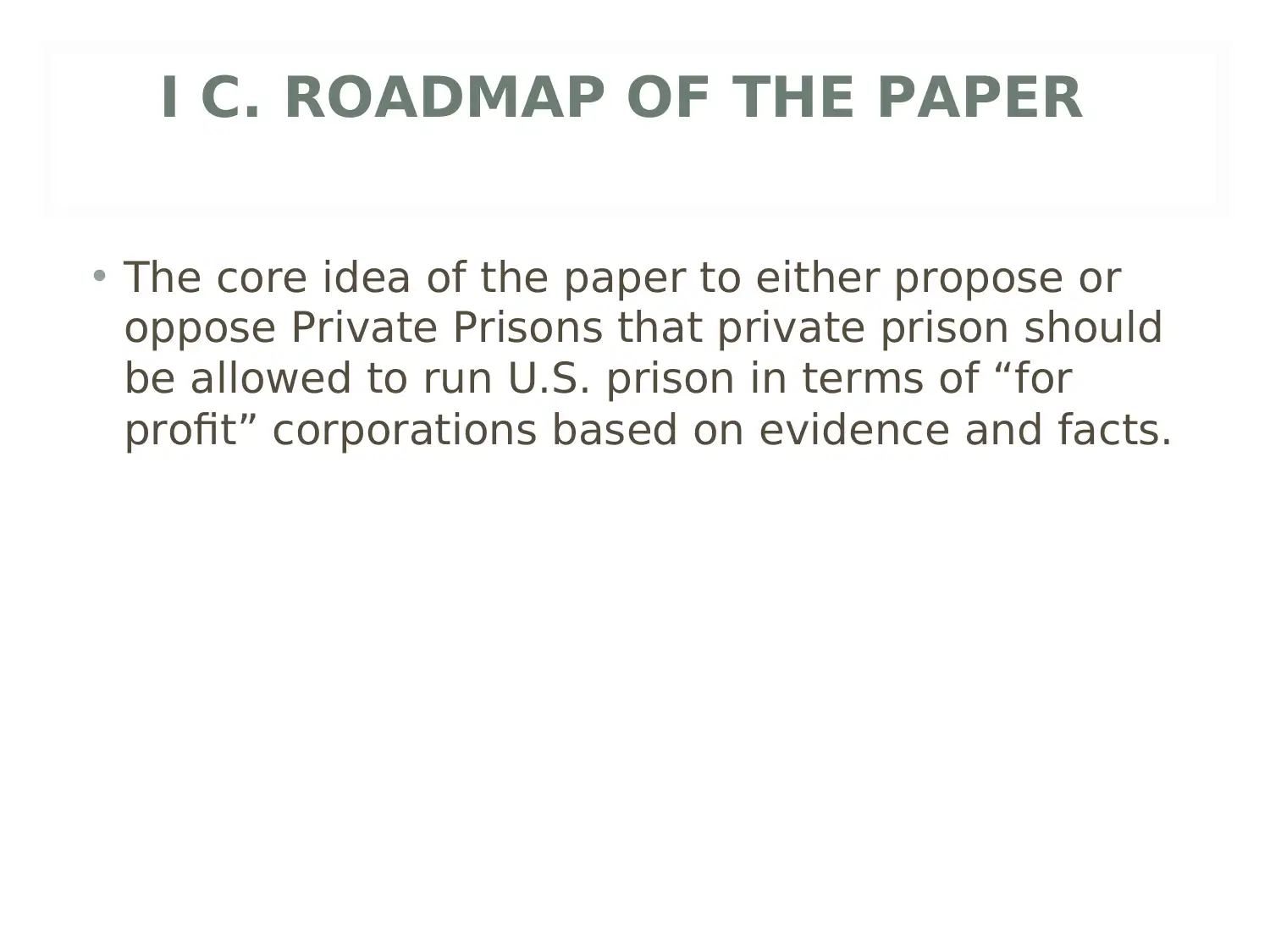
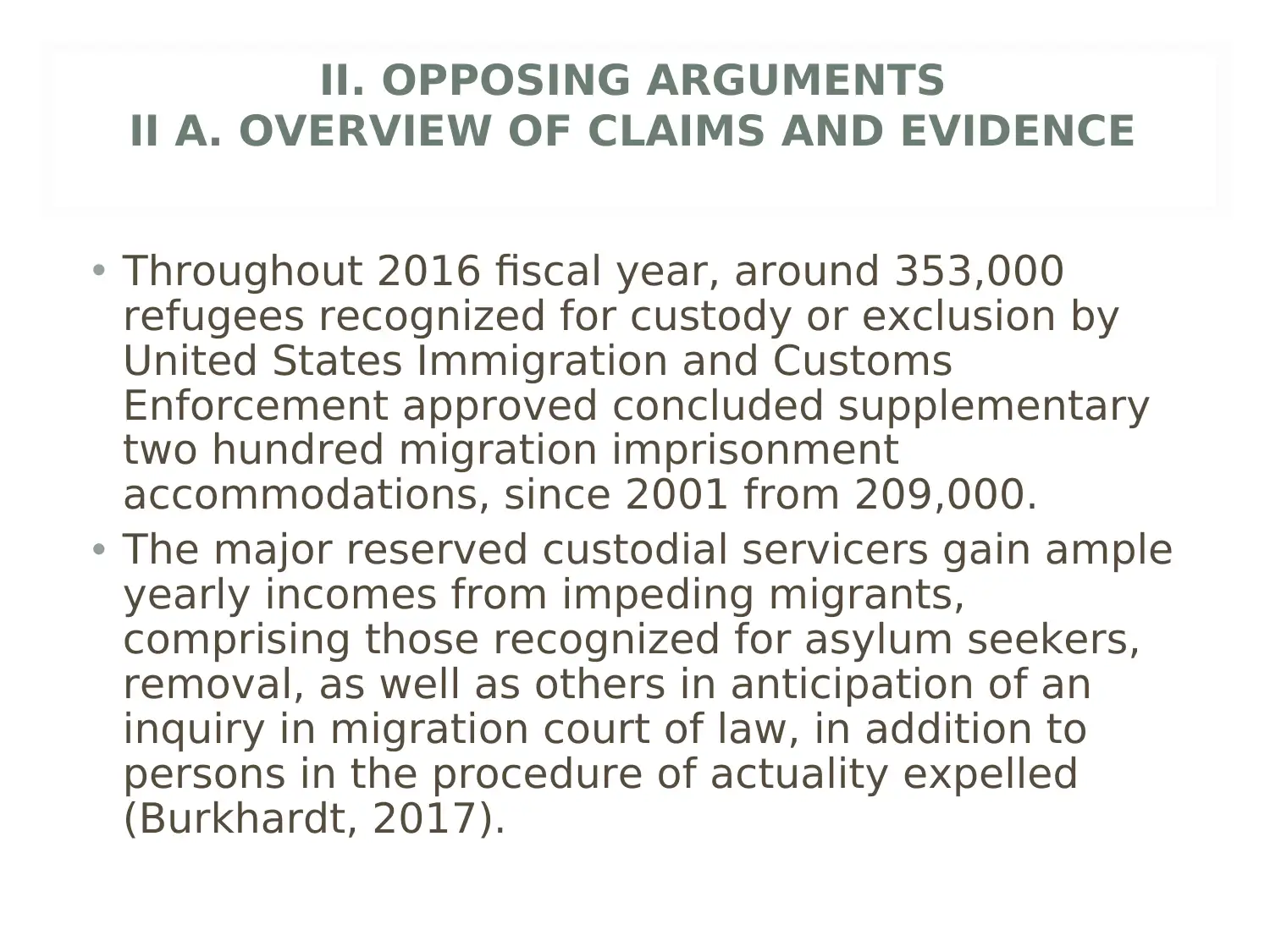
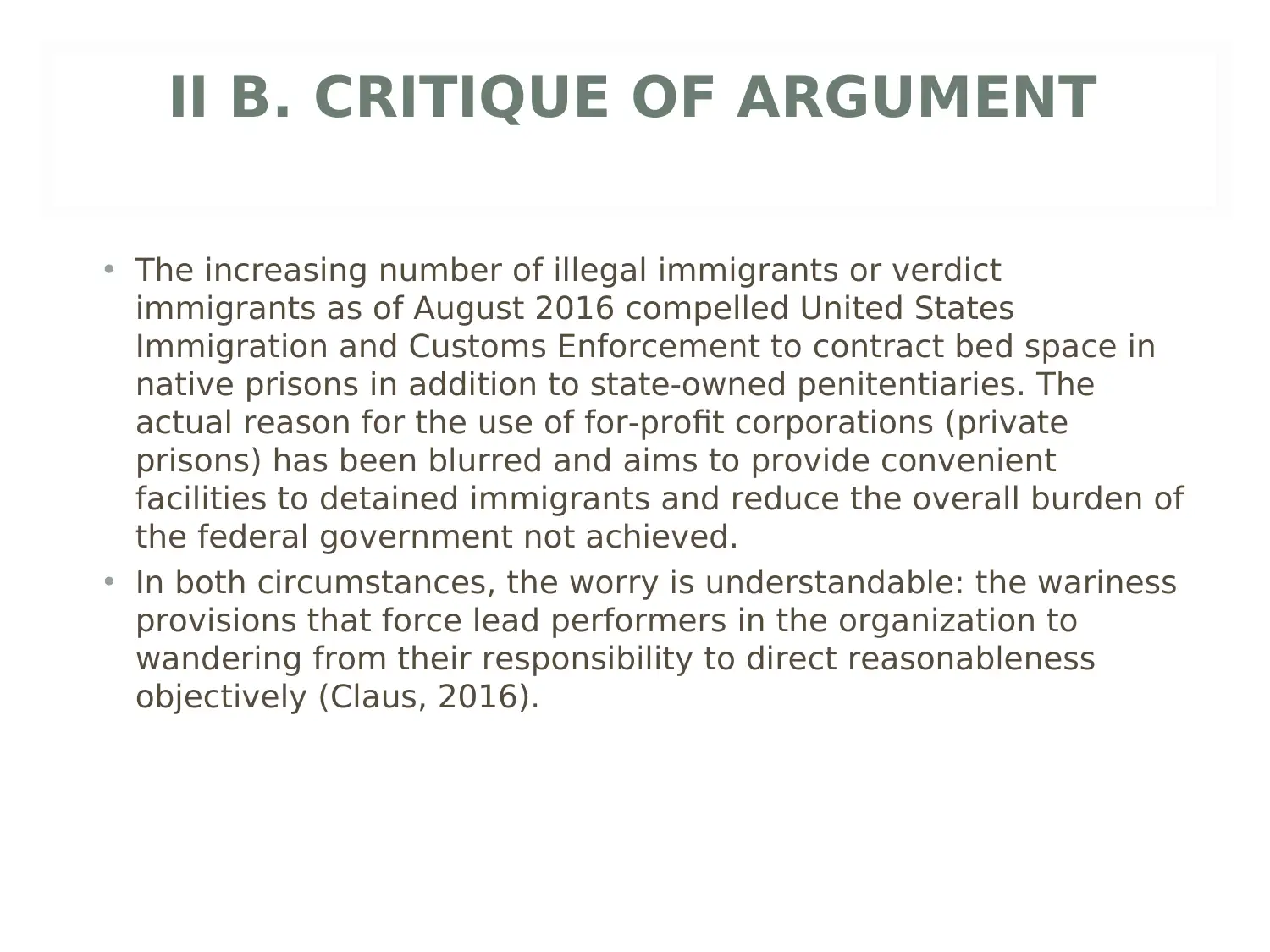
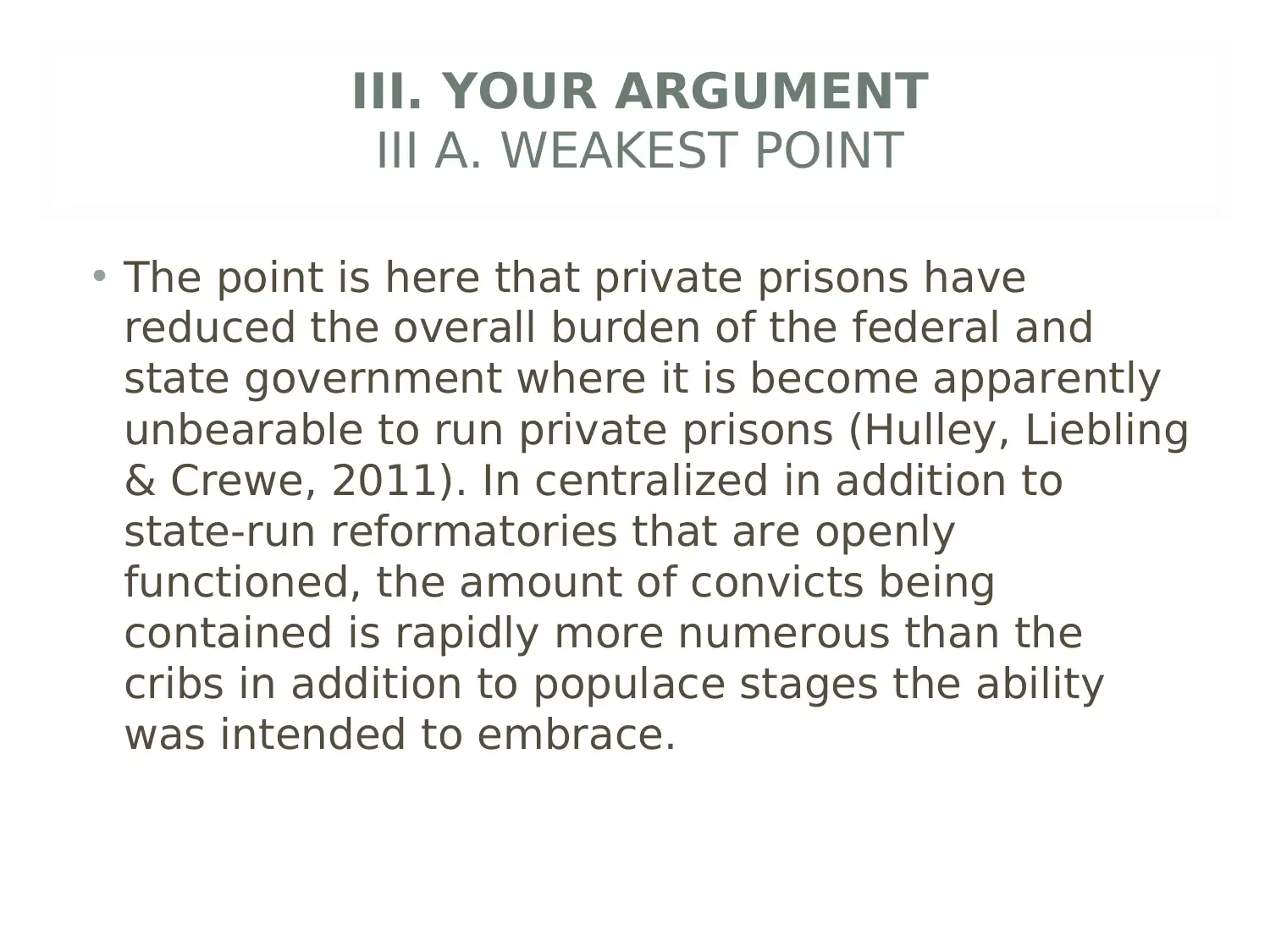
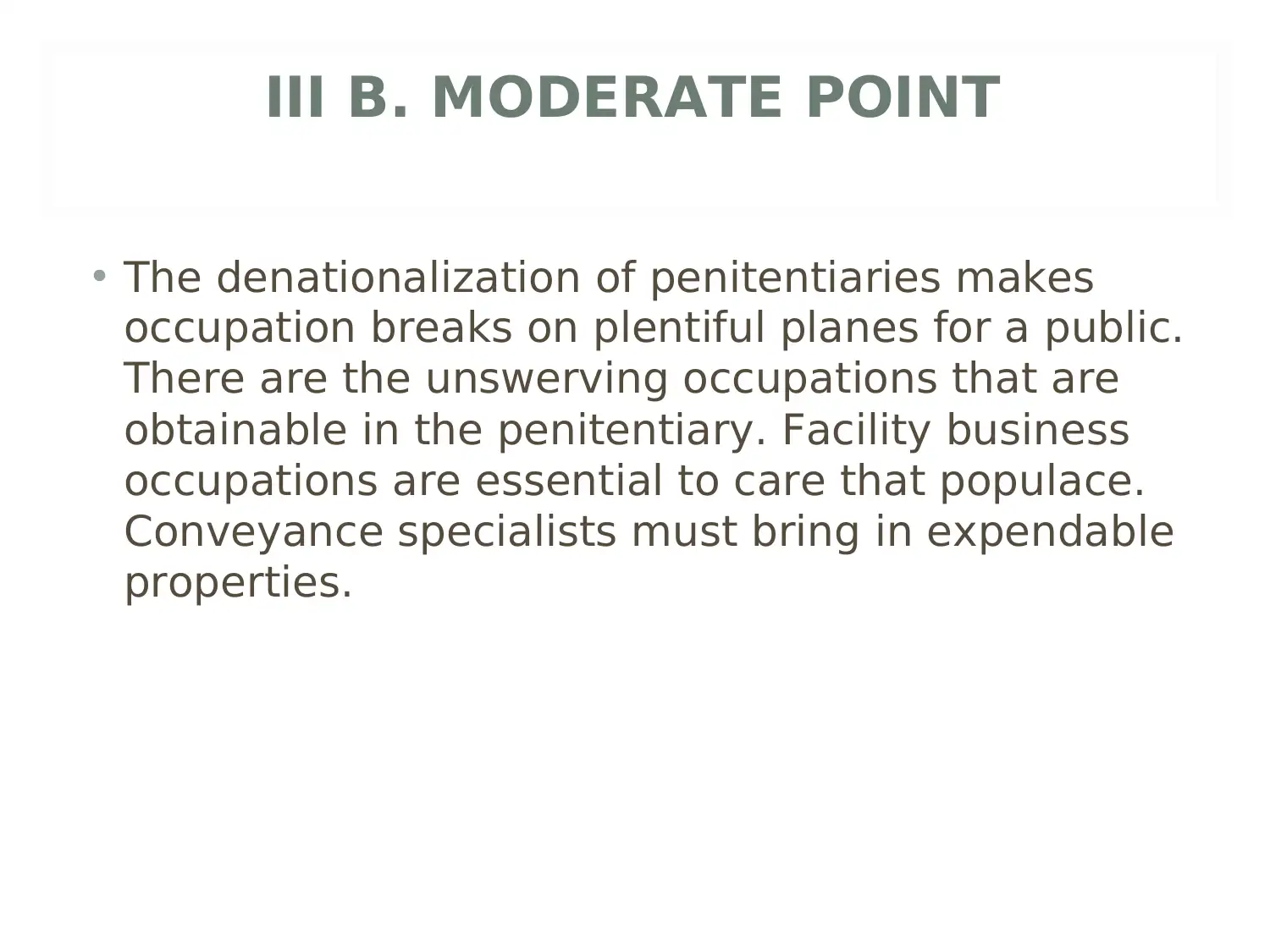
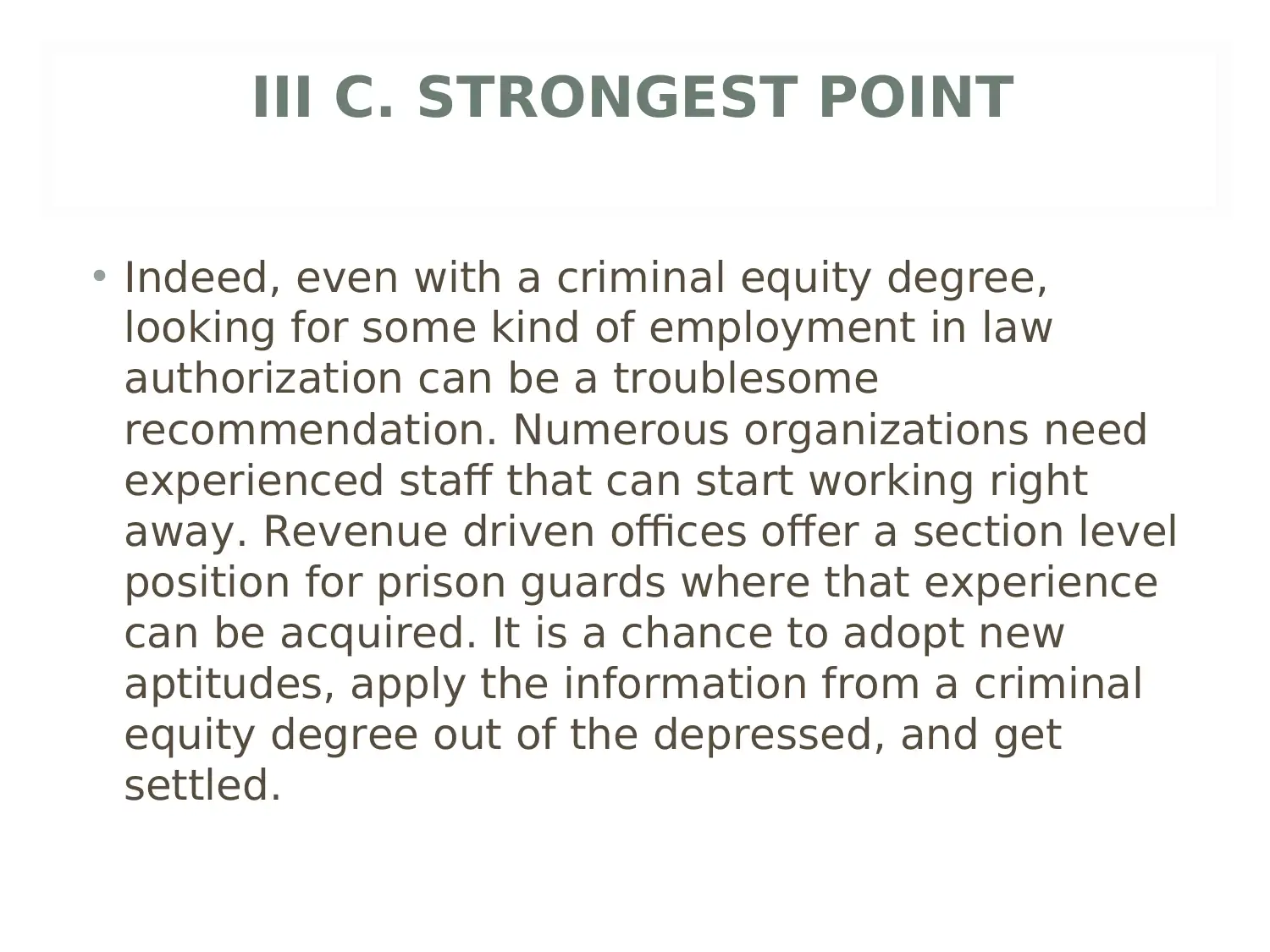
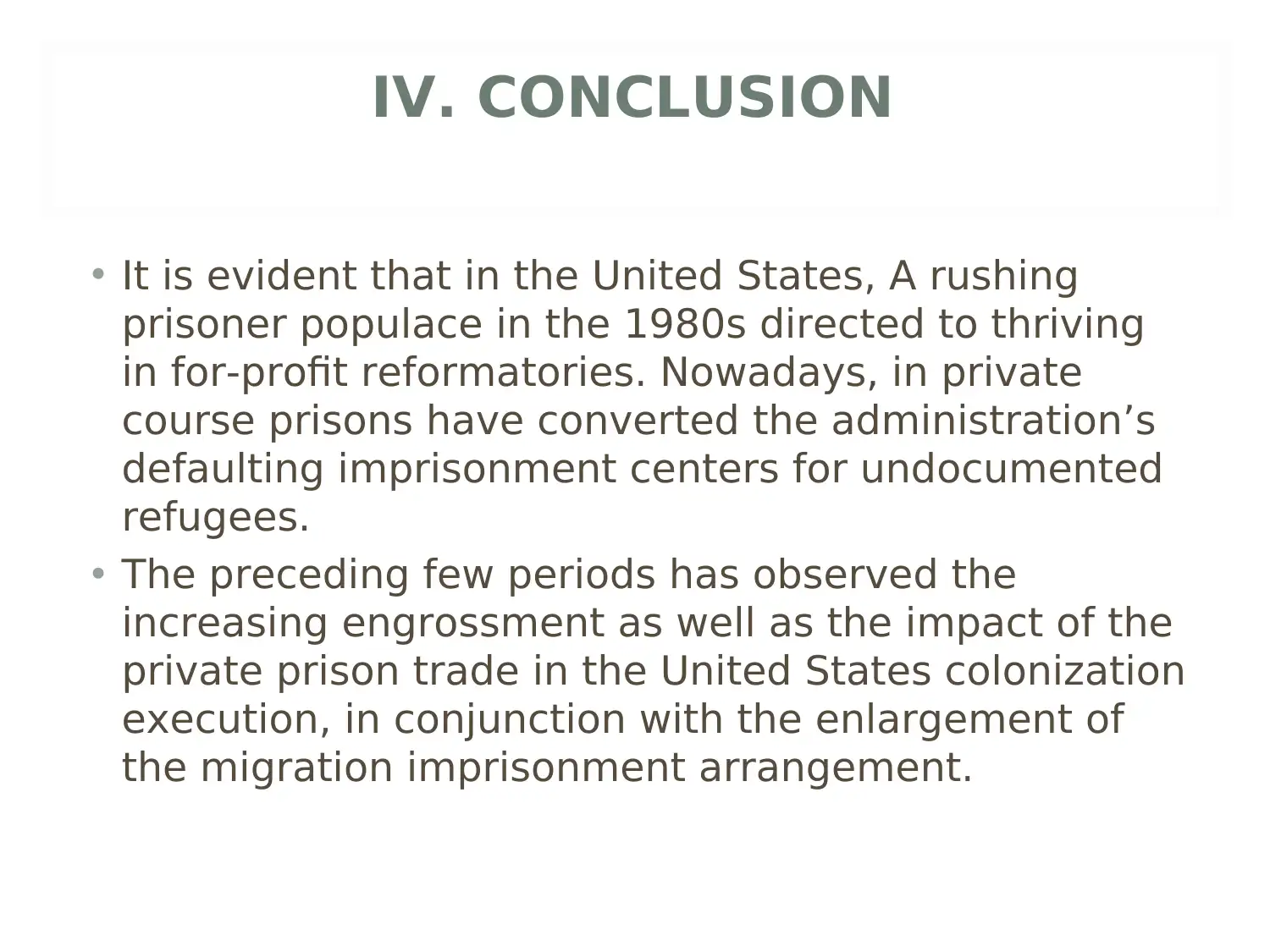

![[object Object]](/_next/static/media/star-bottom.7253800d.svg)